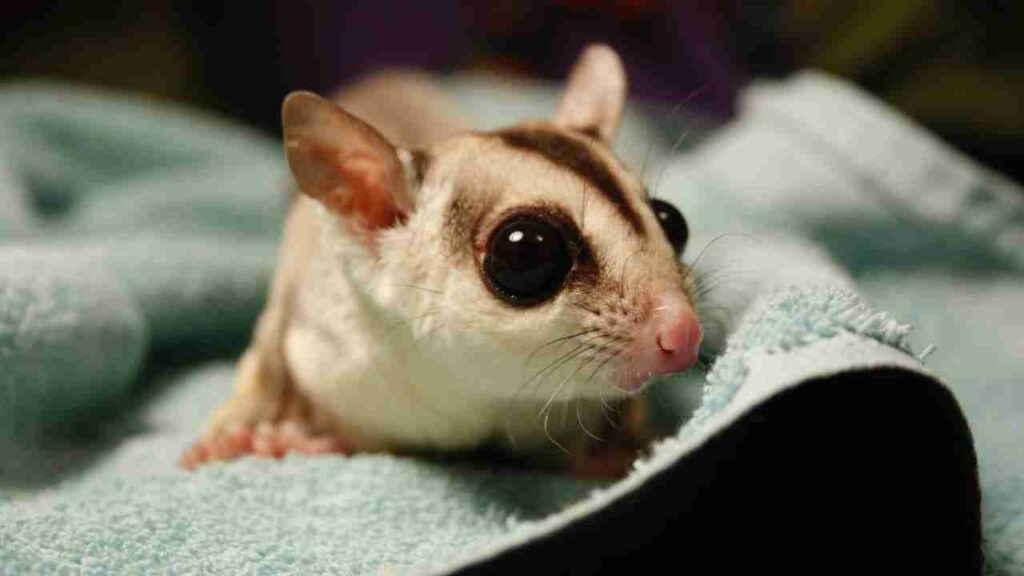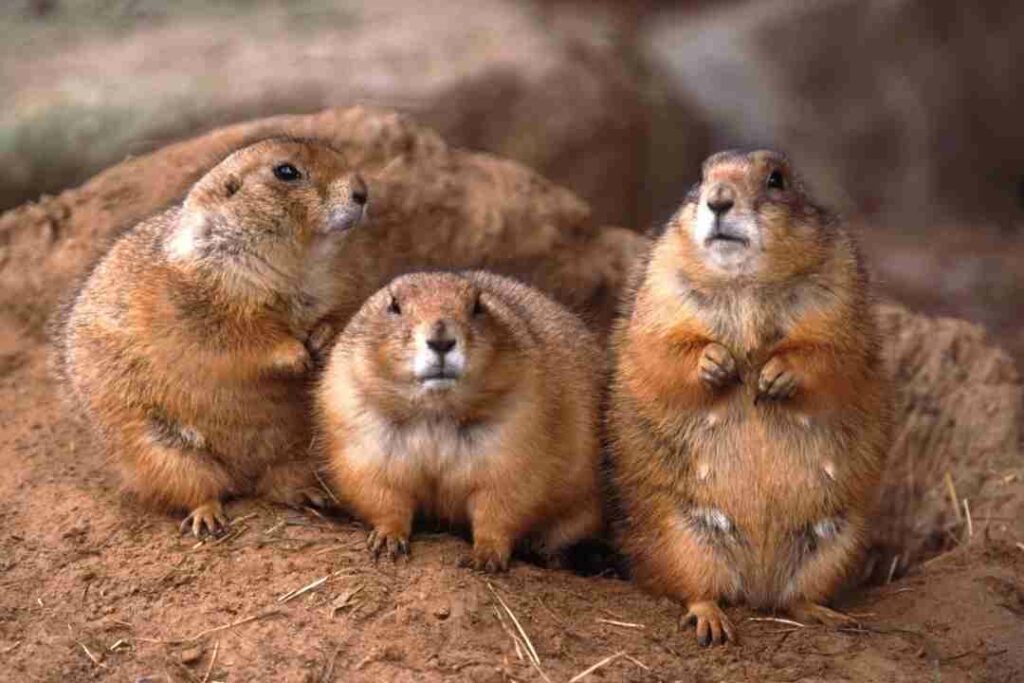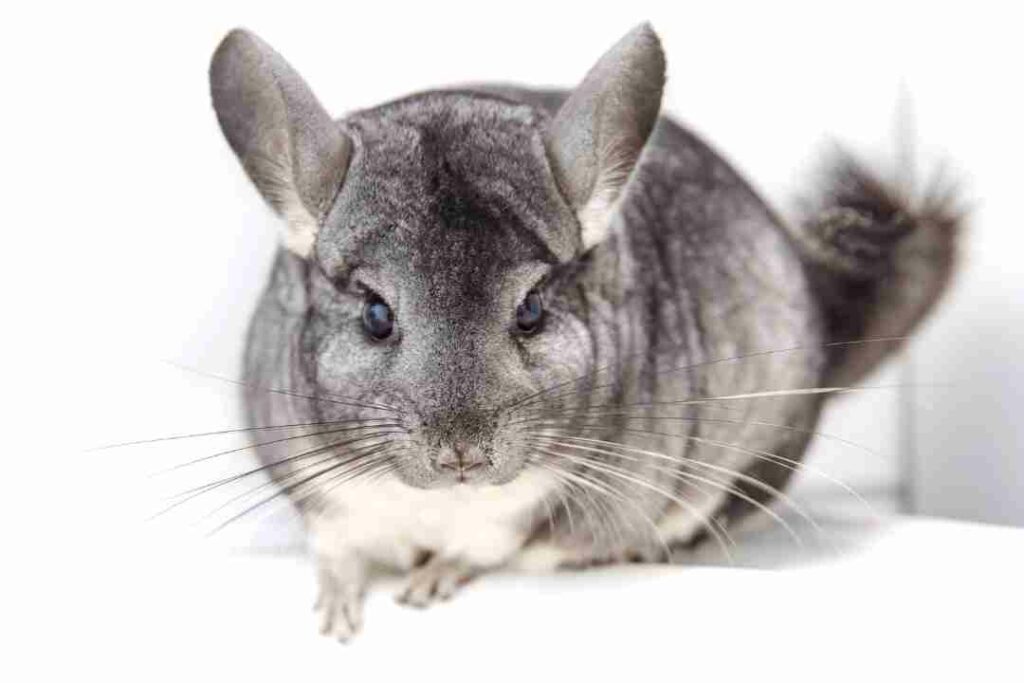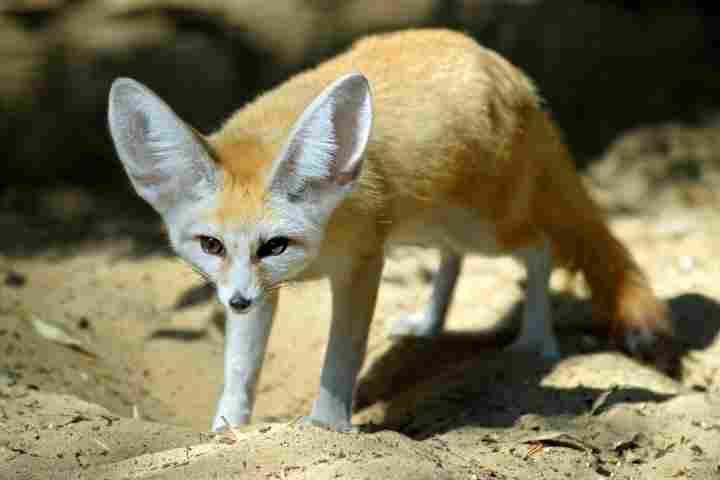Bushbaby is a small, attractive and arboreal primate native to sub-Saharan Africa. Their large ears and bulging eyes give them cute look.
Bushbabies are nocturnal and feed on tree gums, fruits and small insects.
Classification
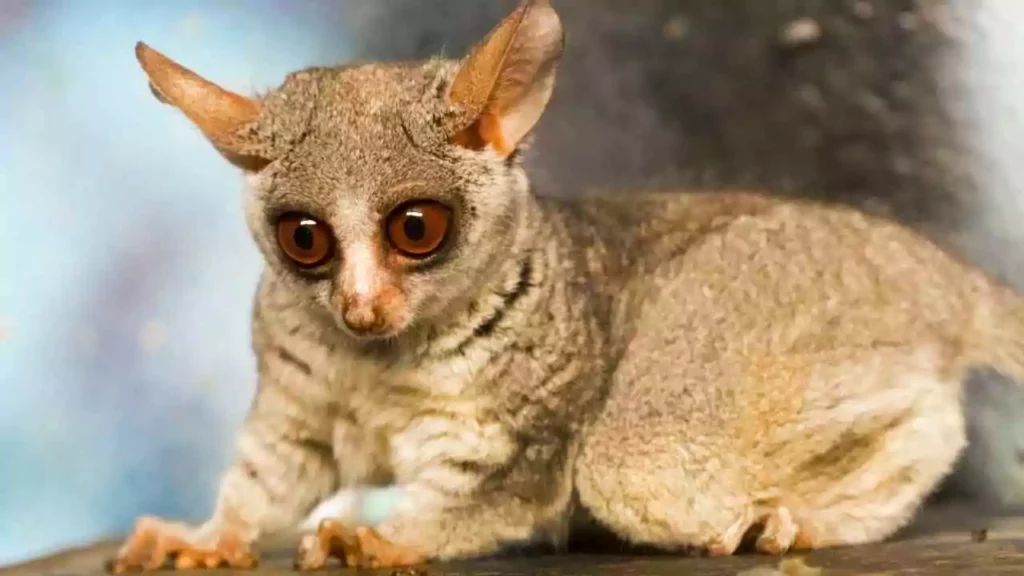
| Name | Senegal galago, Lesser bushbaby | Phylum | Chordata |
| Scientific Name | Galago senegalensis | Class | Mammalia |
| Lifespan | 4 to 10 years | Order | Primates |
| Weight | 100 to 300 g | Family | Galagidae |
| Kingdom | Animalia | Genus | Galago |
| Size | 130mm | Species | Galago senegalensis |
Where To Buy A Bush Baby Pet?
The cute looks of bushbabies attract many pet lovers and they want to adopt them as pets.
If you are one of the bushbaby lovers, you can buy a bushbaby from a pet store or nearby breeder. However, before buying any exotic animal, considering the state rules about keeping exotic animals as pets should be considered.
Senegal Bushbaby For Sale NEAR You: Breeders List
Senegal bushbaby (Galago senegalensis) also known as lesser bushbaby is the most common breed that is kept as pets. If you want to adopt one as a pet, you should first look for a nearby breeder.
| Breeder’s Name | State | Phone | |
|---|---|---|---|
| Poggi’s Animal House | Florida | 9547089441 | – |
| Patty Emery | Michigan | 5179188192 | – |
| Dragon Stone Ranch | Texas | (773) 387-0534 | – |
| Kimberly Gunn | Florida | 941-204-1685 | [email protected] |
| Chuck Bowyer | North Carolina | 910 610 3153 | – |
| Beckee | Florida | 7272559045 | – |
Bushbaby Price
How much does a bushbaby cost? A 2- to 3-month-old bushbaby cost between $2500 to 3000* in the US and an adult bushbaby costs more than $4000*. Since bushbabies are not common pet animals so, you can only find them at a few pet shops.
Bushbabies produce 1 to 2 babies per birth, and most of them are already reserved by pet owners.
Can You Buy A Bush Baby As A Pet?
Yes, you can buy and keep a bush baby as a pet in selected states of the US. In some states, it is illegal to keep an exotic animal as a pet while other states allow keeping bushbabies along with a class III license.
Do You Need A Permit For A Bush Baby?
Yes, In the US a Class-III permit or license is required to own exotic animals.
Class III animals include exotic birds (parrots, finches), small mammals (marmosets, sugar gliders, bushbaby) many reptile species (snakes, lizards, turtles, tortoises), and all amphibian species.
Bush Baby Pet Legal States
Keeping a bushbaby is illegal in many American states like California. Some other states also have strict bans on exotic animals.
Here is the list of states with their legal or illegal status for exotic animals as pets. However, it is not guaranteed to the legality of exotics because the rules of the states keep on shifting.
| American States | Status |
|---|---|
| North Carolina | Legal |
| Nevada | Legal |
| Ohio | Legal |
| Nebraska | Legal |
| Massachusetts | Illegal |
| Florida | Legal |
| Texas | Legal |
| Tennessee | Legal |
| Alabama | Legal |
| Maine | Illegal |
| New Hampshire | Illegal |
| New York | Illegal |
| West Virginia | Legal |
| Indiana | Legal |
| Arkansan | Legal |
| North Dakota | Legal |
| Wyoming | Legal |
| Kansas | Legal |
| California | Illegal |
| New Jersey | Legal |
| Pennsylvania | Illegal |
| Rhode | Illegal |
| Connecticut | Illegal |
How Do You Adopt A Bush Baby?
You can adopt a bushbaby from a breeder or pet store. As for other primates’ housing, bigger is better. They can be kept in a large birdcage and should also be provided with an outdoor area for playing.
Some owners recommend that bushbabies should not be kept alone, sometimes they can be aggressive with other cage mates.
Frequently Asked Questions
Here are some frequently asked questions about bushbabies:
Where Can I Find A Bush Baby?
Bushbaby is not a very common pet in the US and several states do not allow exotic animals. So, it may be challenging to find a bushbaby. However, you can contact exotic animal breeders or pet shops. I find this Facebook group quite helpful.
What Is The Lifespan Of A Bush Baby?
The lifespan of a bushbaby in captivity is 10 years or higher. While a bushbaby lives no longer than 3 to 4 years in the wild. The main reason behind low life expectancy in wild is predation. The most common predators of bushbabies are owls, snakes and small cats.
What Do You Feed A Bush Baby?
Bushbabies are omnivores and feed on insects, seeds, flowers and bird’s eggs. Grasshopper is their favourite food. In the wet season, they mostly feed on insects, while in the drought or summer they solely survive on gum that flows out of trees.
Are Bush Babies Intelligent?
Bushbabies are categorized as primates however; they are less intelligent than most of their distant relatives. They are called proto-primates and grouped as prosimians. Some characteristics of this group include small brains, low-light vision and toilet claws for grooming.
Are Bush Babies Venomous?
No, bushbabies are not venomous. But sometimes, they can show behaviors like non-aggressive biting, tail pulling, wrestling, chasing and pouncing.
Is A Bush Baby A Sugar Glider?
No, bushbaby and sugar glider are two different species. Bushbaby is a small nocturnal animal native to continental Africa. While sugar gliders are squirrel-like marsupials that glide from tree to tree. Sugar gliders are from Australia.
Why Do Bush Babies Pee On Their Hands?
A bad instinct of bushbabies is peeing on their hands. They do this to wet their hands which helps them while jumping and in sent-marking. An owner reported that the urine of the bushbaby is pungent and other changed their mind to adopt the bushbaby due to this habit.
Can Bush Babies See In The Day
Yes, bushbabies can see during the day, however; they are nocturnal and spend most of the day sleeping in dense trees. Their large eyes help them to have improved night vision like bats.
How Many Babies Can A Bushbaby Have?
Bushbabies produce 1 to 3 babies in a year and lesser bushbabies breed twice a year.
How Far Can A Bushbaby Jump?
On the ground, bushbabies hop like kangaroos while most of the time they leap and jump on trees to keep them safe from predators. In a single jump, bushbaby can leap from 3 to 5 meters.
References:
SmallPetsX.Com does not provide veterinary advice. Our aim to help small pet owners understand their pets a little better so that they can provide their pets with the life they deserve. All content is therefore for informational purposes only. If you're concerned about the health of your pet you should seek medical advice from a vet.

